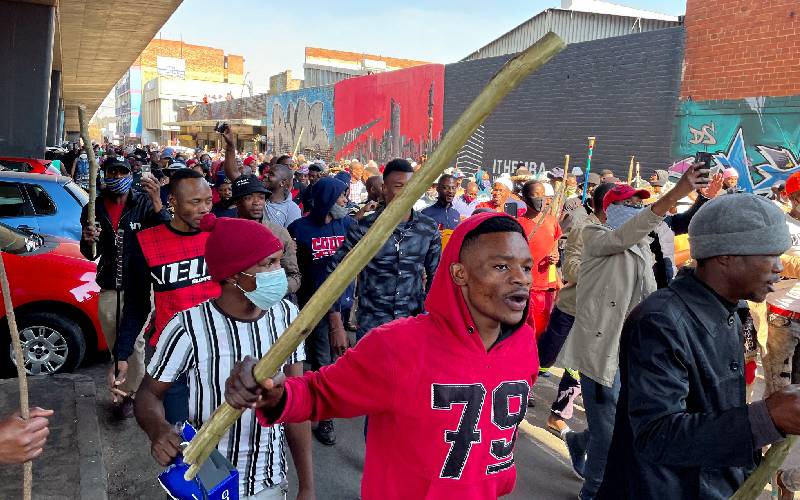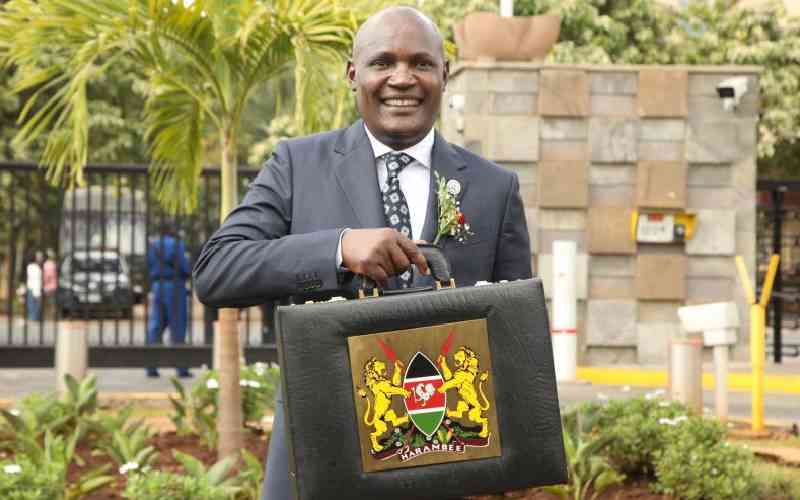×
The Standard e-Paper
Fearless, Trusted News

Inequality, confirmed by the Gini index is one of the lasting legacies of apartheid. [Reuters]
What we thought was a triumph of law over parochialism has turned into riots centred in two provinces where Jacob Zuma, the former president of South Africa has lots of political support.







